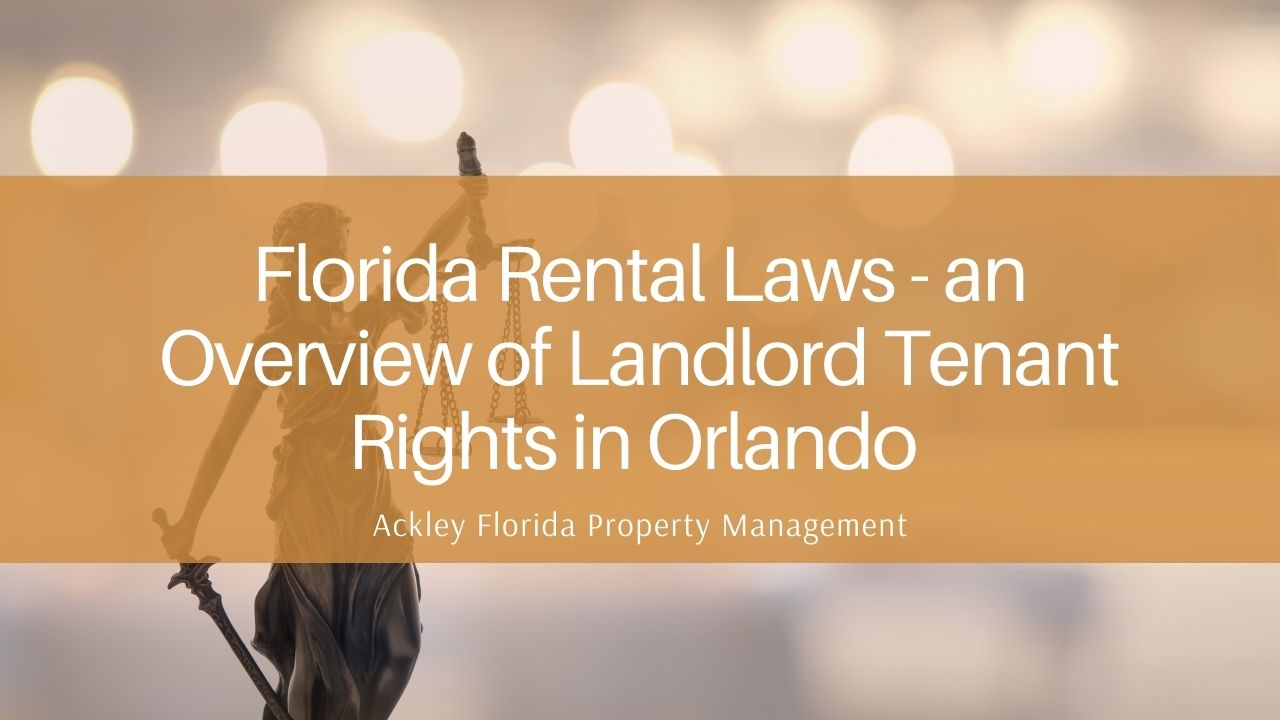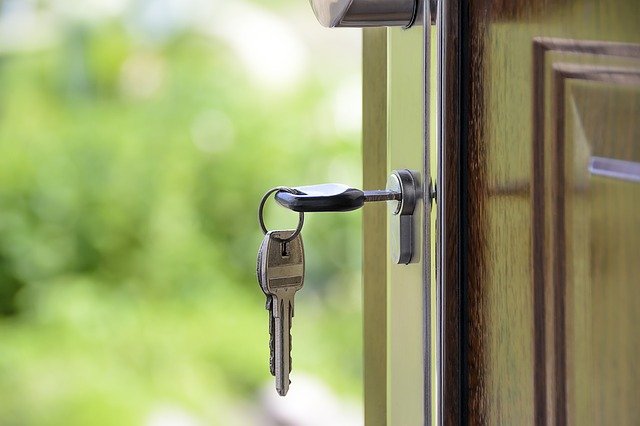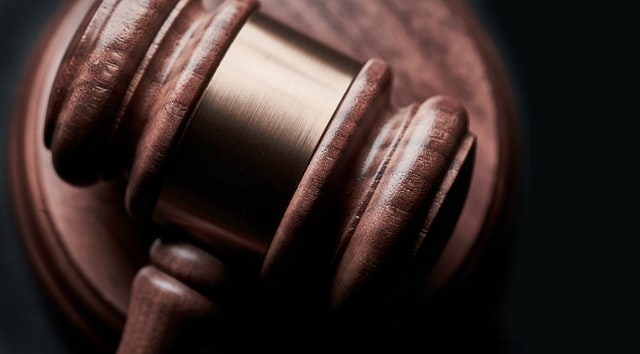
Orlando has one of the largest renter populations in the country. According to RentCafe.com, 45% of the city’s households live in rental units This number is expected to rise as more and more people are choosing to rent rather than own a home.
Orlando, just like most of the major cities across America, has security deposit laws in place. As a landlord, it’s paramount that you acquaint yourself with it in order to avoid legal problems with your tenant.
The following is a basic overview of the Florida landlord-tenant laws.
Mandatory Landlord Disclosures
There are certain disclosures that you must make to your Orlando tenant before they can sign the lease document. They are as follows,
- You must disclose information regarding the use of lead-based paint. Exposure to lead paint can be a hazard, and over time, it can lead to health issues. So, if the building you're renting out was built prior to 1978, you must disclose to your tenant the likelihood that the paint is lead-based.
- You must let your tenants know the property owners’ names and addresses. You must also include any intermediaries that you have certified to act on your behalf.
- You must let your tenants know about the presence of radon gas. That is, whether it’s present in or near the home you’re renting out.
- You must disclose to prospective tenants how you intend to store their security deposit. Specifically, you must state the account in which you’re storing it, as well as the expected interest.

Florida Tenant Rights & Responsibilities
Florida tenant laws state that tenants have a right to:
- Live in a habitable rental unit. That means the spaces all electrical, plumbing and HVAC systems are working properly.
- Live in peace and quiet. Your Orlando tenants have a right to the quiet enjoyment of their rented properties. So, among other things, you must notify them before accessing their rented premises.
- Remain in their rented units until their lease has expired. The only exception is, of course, if the tenant has committed a serious lease violation.
- To be notified when the landlord wishes to make changes to the lease agreement.
Orlando tenants also have the following responsibilities, they must:
- Follow all the terms of the lease. For example, pay rent on time, every time.
- Ensure the premises are clean and sanitary.
- Let the landlord know whenever maintenance issues come up.
- Notify the landlord when seeking to leave the premises for an extended period of time.
Florida Landlord Rights & Responsibilities
Landlord rights in Florida state that you,
- Can enter your tenant’s premises to carry out important responsibilities.
- Be notified when a tenant is looking to stay out of town for an extended period of time.
- Evict a tenant for violating the lease agreement.
- Receive proper notice when a tenant is seeking to move out.
- Make appropriate deductions to the tenant’s security deposit for excessive property damage.

When it comes to responsibilities, Orlando landlords are responsible for:
- Providing units that meet all habitable standards.
- Providing tenants with a legal lease document.
- Following all rules in regards to rent and security deposits.
- Responding to tenants’ maintenance issues in a timely manner.
Florida Rental Laws: An Overview
1. Antidiscrimination Rules
You must treat both current and prospective tenants fairly and equally, according to the statewide Fair Housing Rules. Discrimination based on a tenant’s ethnicity, race, national origin, disability, sex, religion, and familial status is illegal.
So, make sure to always craft a discrimination-free rental ad. You’ll also need to administer the lease agreement without bias or favor.
2. Landlord Retaliation
As a landlord, retaliating against your tenant is illegal. You cannot, for example, hike up the rent price because a tenant joined a tenants’ union or complained to a relevant authority about a maintenance issue.
3. Landlord Entry
You can only enter your tenant’s property after notifying them. The only exception is in the case of an emergency.
In Florida, you need to give tenants a notice of at least 12 hours prior to entering their rented premises. That being said, the 12-hour notice can be changed if both the landlord and tenant agree.
The reason for the entry must be legal, for example:
- To show the property to prospective tenants, lenders, or buyers.
- To investigate potential violations a tenant may have committed.
- To inspect the unit for damage.
- To make repairs or assess the need for repairs.
- In the event of an emergency.
4. Small Claims Court
Disputes between landlords and tenants are usually commonplace and typically occur when a tenant moves out. A landlord may make deductions to a tenant’s deposit, which the tenant may dispute.

In the end, the tenant may choose to seek legal help in a court of law. A small claims court is designed to hear such matters, as long as the lawsuit doesn’t exceed $5,000.
5. Security Deposits
Landlords generally require a security deposit from their tenants. Some states put a limit on the amount a landlord can ask for a security deposit. This is, however, not the case in Florida as landlords can charge whatever amount they see fit.
At the end of the lease, you’ll have a maximum of 15 days to return part or all of the deposit back to the tenant. Failure to do so can make you forfeit any claim to the deposit. You may also have to pay damages to the tenant should they file a lawsuit in court.
Summary
Landlords and tenants must both uphold and abide by a set of laws. For further inquiries, contact our qualified property managers at Ackley Florida Property Management.
Disclaimer: This blog isn’t a substitute for legal advice for a licensed Florida attorney. Seek help from a good property management company or an experienced attorney as laws are always being updated.


